Innovative Project to Provide Renewable Energy 24/7, Chile
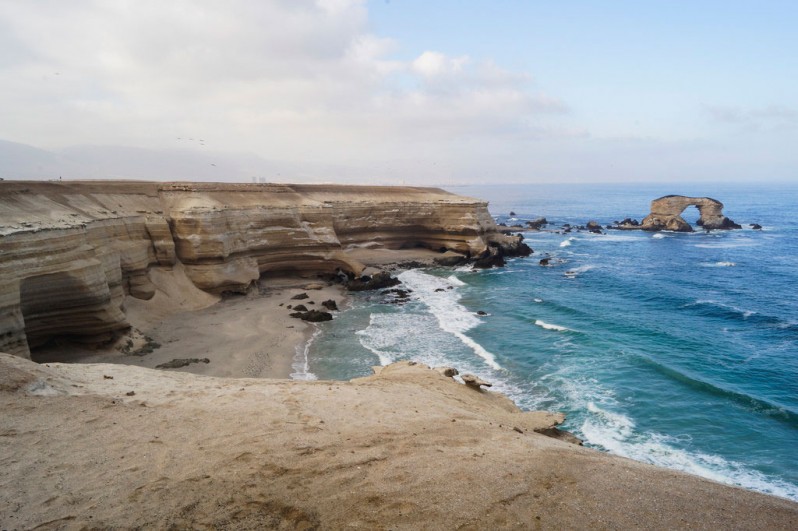
To provide a steady supply of clean energy, a novel energy project in Chile will harness the natural attributes that Chile has in abundance: seawater, coastal cliffs, and the Atacama Desert’s solar radiation.
Giant icebergs are slowing climate change, research reveals
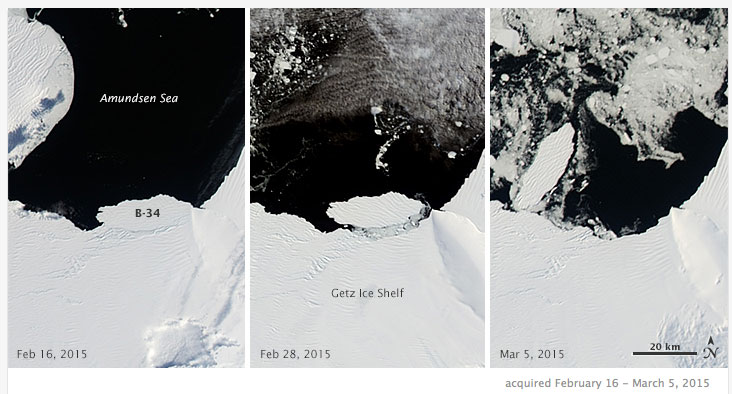
Giant melting icebergs may be a symbol of climate change but new research has revealed that the plumes of nutrient-rich waters they leave in their wake lead to millions of tonnes of carbon being trapped each year.
Storm Frank: Slams UK and could make North Pole 50F hotter than normal
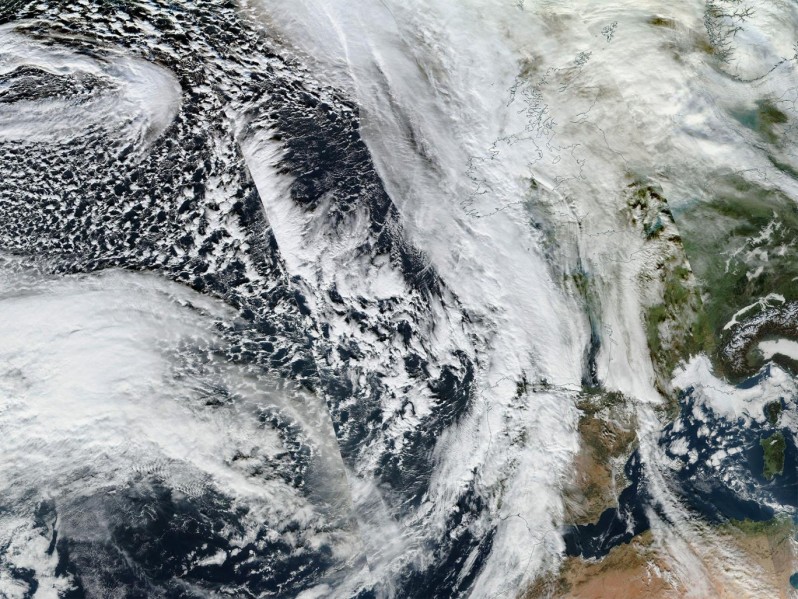
The powerful weather system “storm Frank”, bringing terrible flooding and devastation to the UK, could lead temperatures in the north pole to be pushed over 50F hotter than normal.
A Breathing Planet, Off Balance; Video

Earth’s oceans and land cover are doing us a favor. As people burn fossil fuels and clear forests, only half of the carbon dioxide released stays in the atmosphere, warming and altering Earth’s climate. The other half is removed from the air by the planet’s vegetation ecosystems and oceans. As carbon dioxide levels in the atmosphere continue to rise, how long can this balancing act continue?
Recovering Fur Seal Population Threatened by El Nino
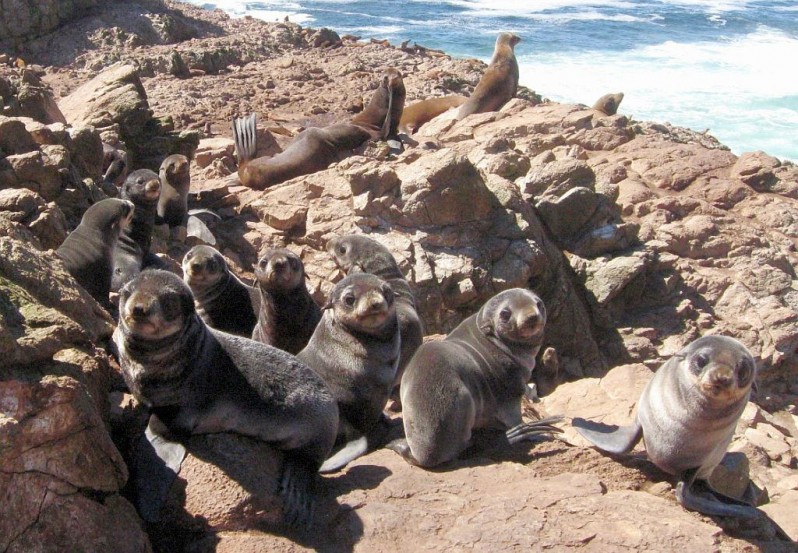
After all but vanishing from the granite shores of the Farallon Islands, by the mid-1800s, the seals have been returning in ever-increasing numbers—just in time to take a hit from a strong, brewing El Niño.
Why Paris Worked: A Different Approach to Climate Diplomacy
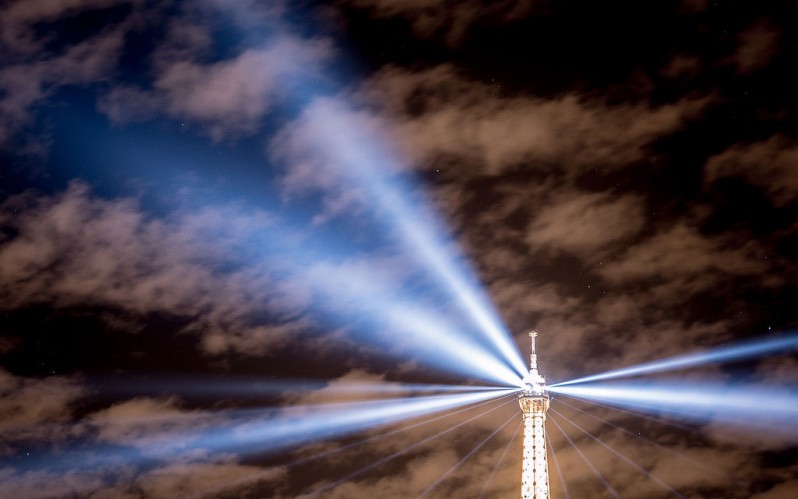
The next few years are crucial in determining whether Paris was a flash in the pan or a real shift toward a more effective strategy. Success on the road from Paris is far from assured. It must be earned; confidence must be built.
Time to turn words into climate action

Words must be put into action to save the planet. The post-2020 Paris Agreement ends decades-long rows between rich and poor nations over how to carry out what will be a multi-trillion dollar campaign to cap global warming and cope with the impacts of a shifting climate.
What does COP21 deal really mean for Earth’s future?

Scientists who closely monitored the talks in Paris said it was not the agreement that humanity really needed. By itself, it will not save the planet. 50 years after the first warning about global warming was put on the desk of a US president, and quickly forgotten, the political system of the world is finally responding in a way that scientists see as commensurate with the scale of the threat…
Paris climate deal: key points at a glance
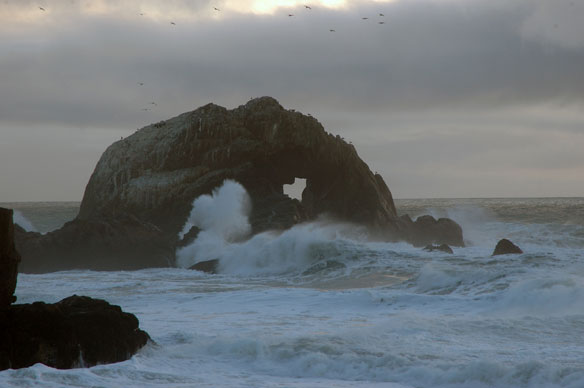
Governments have agreed to limit warming to 1.5C above pre-industrial levels: something that would have seemed unthinkable just a few months ago. The goal of 1.5C is a big leap below the 2C agreed six years ago in Copenhagen. Here’s what the agreement means for global emissions and the future of the planet.
